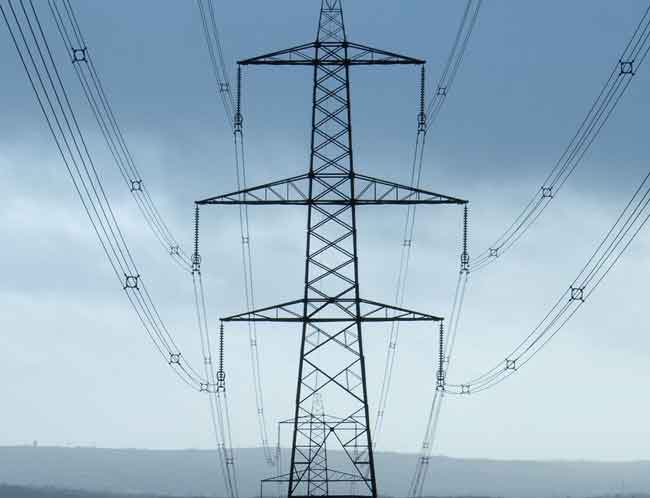Ontario looks to build on electricity deal with Quebec

Electrical Testing & Commissioning of Power Systems
Our customized live online or in‑person group training can be delivered to your staff at your location.

- Live Online
- 12 hours Instructor-led
- Group Training Available
Ontario-Quebec Electricity Deal explores hydro imports, terawatt hours, electricity costs, greenhouse gas cuts, and baseload impacts, amid debates on Pickering nuclear operations and competitive procurement in Ontario's long-term energy planning.
Key Points
A proposed hydro import deal from Quebec, balancing costs, emissions, and reliability for Ontario electricity customers.
✅ Draft 20-year, 8 TWh offer reported by La Presse disputed
✅ Ontario seeks lower costs and GHG cuts versus alternatives
✅ Not a baseload replacement; Pickering closure not planned
Ontario is negotiating a possible energy swap agreement to buy electricity from Quebec, but the government is disputing a published report that it is preparing to sign a deal for enough electricity to power a city the size of Ottawa.
La Presse reported Tuesday that it obtained a copy of a draft, 20-year deal that says Ontario would buy eight terawatt hours a year from Quebec – about 6 per cent of Ontario’s consumption – whether the electricity is consumed or not.
Ontario Energy Minister Glenn Thibeault’s office said the province is in discussions to build on an agreement signed last year for Ontario to import up to two terawatt hours of electricity a year from Quebec.
But his office released a letter dated late last month to his Quebec counterpart, in which Mr. Thibeault said the offer extended in June was unacceptable because it would increase the average residential electricity bill by $30 a year.
“I am hopeful that your continued support and efforts will help to further discussions between our jurisdictions that could lead to an agreement that is in the best interest of both Ontario and Quebec,” Mr. Thibeault wrote July 27 to Pierre Arcand.
Ontario would prepare a “term sheet” for the next stage of discussions ahead of the two ministers meeting at the Energy and Mines Ministers Conference later this month in New Brunswick, Mr. Thibeault wrote.
Any future agreements with Quebec will have to provide a reduction in Ontario electricity rates compared with other alternatives and demonstrate measurable reductions in greenhouse gas emissions, he wrote.
Progressive Conservative Leader Patrick Brown said Ontario doesn’t need eight terawatt hours of additional power and suggested it means the Liberal government is considering closing power facilities such as the Pickering nuclear plant early.
A senior Energy Ministry official said that is not on the table. The government has said it intends to keep operating two units at Pickering until 2022, and the other four units until 2024.
Even if the Quebec offer had been accepted, the energy official said, that power wouldn’t have replaced any of Ontario’s baseload power because it couldn’t have been counted on 24 hours a day, 365 days a year.
The Society of Energy Professionals said Mr. Thibeault was right to reject the deal, but called on him to release the Long-Term Energy Plan – which was supposed to be out this spring – before continuing negotiations.
Some commentators have argued for broader reforms to address Ontario's hydro system challenges, urging policymakers to review all options as negotiations proceed.
The Ontario Energy Association said the reported deal would run counter to the government’s stated energy objectives amid concerns over electricity prices in the province.
“Ontarians will not get the benefit of competition to ensure it is the best of all possible options for the province, and companies who have invested in Ontario and have employees here will not get the opportunity to provide alternatives,” president and chief executive Vince Brescia said in a statement. “Competitive processes should be used for any new significant system capacity in Ontario.”
The Association of Power Producers of Ontario said it is concerned the government is even considering deals that would “threaten to undercut a competitive marketplace and long-term planning.”
“Ontario already has a surplus of energy, so it’s very difficult to see how this deal or any other sole-source deal with Quebec could benefit the province and its ratepayers,” association president and CEO David Butters said in a statement.
The Ontario Waterpower Association also said such a deal with Quebec would “present a significant challenge to continued investment in waterpower in Ontario.”











